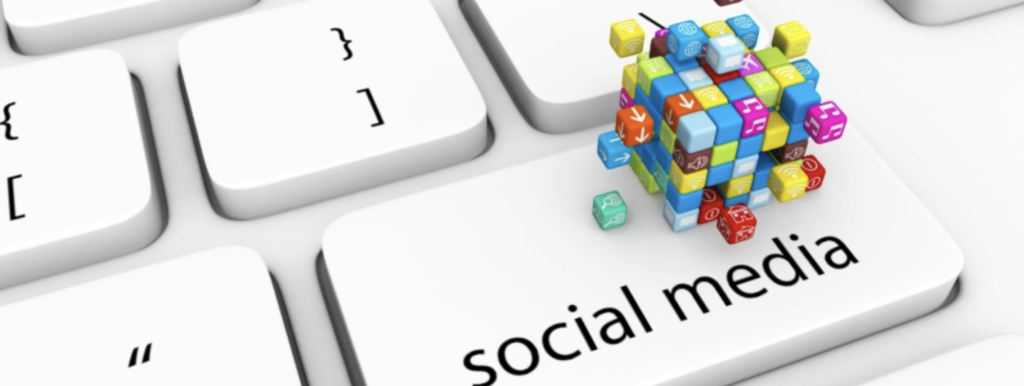From the very beginning, we have enthusiastically embraced social media, it has allowed us to get in touch with friends and relatives on the other side of the world, to exchange emotions with people we cannot touch, and to be up to date with key moments of our lives and we are thankful for that possibility.
However, it also served as an excuse to move the “face to face” interaction into the virtual communication framework. Young people mostly use this negative side of social networks, they make less physical contact and less eye contact, and they choose more easily to type their comments as anonymous commentators.
Failure to face the consequences of what has been said, cannot be good for the personality development, and thus begins running in circles with life decisions without looking at the surrounding and the consequences of what has been done and said.
Again, this field of virtual conflict can be closed by turning off the device in order to prevent being reflected in real life, but remains the question of how immune someone is to the bad energy that has been exchanged. Speaking directly, we often cannot stick to the „zigged before you zagged“(to think before you speak) and while writing we can always reconsider and agree with ourselves whether it is the best we could do in a given situation on a given topic.
The flow of information provided to us by social media at different times can be valuable, they can always provide us with an answer, not to say solutions to certain problems. The individual interests are covered by discussions on social media, including some personal experiences. Large directories and address books that adorned the shelves next to the landline phone, are now circulating on social networks, and every activity and to some extent a person is available to us. Each of us has decided on how much he will be laid bare and available to others; everyone has a choice and the freedom to decide how much he is exposed. There are useful information but also false and completely useless and confusing information that someone not enough uneducated could also have a negative experience out of it. There are fitting groups and institutions on social media and it is necessary to select those relevant that we will monitor. Along with the development of social media, have evolved programs that can “fine-tune” photo, beautyfining it before it is presented to the public. People are thus on the verge of sharing with others what they would like to look like, and it mostly all ends with a physical appearance. Do people confuse only those who follow them or do they themselves remain confused between who they are and how others perceive them? I would always adhere to the “be who you are” because I think it’s better for a mental health, and when it comes to physical health and appearance, you can find some motivation with nicely arranged photos. Social media have become a new market, the opportunities to earn money are available to everyone, and being creative is not a must, although the field for expressing creativity is perfect. People from all over the globe can exchange products and ideas directly benefiting along the way.
There are plenty of people who still want to see in person the stuff they are buying and hold it in their hands before purchasing it. In that sense, I believe that we should still hold someone’s hand, make the eye contact, exchange a genuine smile and emotion, because it is more valuable than the material goods.








